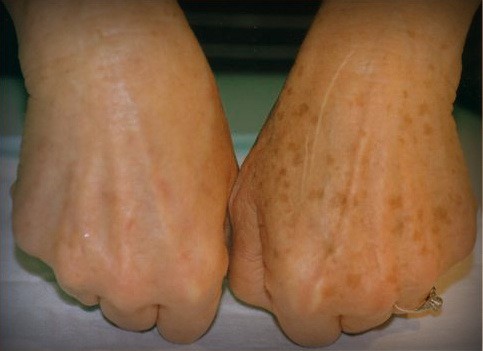Green Tea Consumption Lowers Total and LDL Cholesterol Levels
Numerous studies have confirmed the health-supportive benefits of green tea consumption, as the ancient Chinese drink helps to prevent many forms of cancer and lowers the risk from cognitive decline and dementia.
The result of a systematic literature search published in the Journal of the American Dietetic Association finds that green tea supplied from drink or supplements lowers total cholesterol and artery-clogging LDL cholesterol. Green tea contains antioxidant compounds called catechins (specifically EGCG) that pack a powerful anti-inflammatory punch to our metabolism. These biologically active compounds from green and white tea have a direct and dramatic effect on blood lipids that help lower total cholesterol and more importantly that reduce atherogenic small, dense LDL cholesterol particles, which lower cardiovascular disease risk.
Study leader, Dr Olivia J. Phung of the College of Pharmacy at Western University of Health Sciences in Pomona, California decided to collect and analyze all available evidence from a multitude of prior studies on green tea and lipid modification. Dr. Phung and her team examined the relationship between consumption of green tea catechins and changes in levels of total, low-density lipoprotein (LDL) and high-density lipoprotein (HDL) cholesterol and triglycerides to establish a pattern of benefits for cardiovascular health.
The study grouped the results from twenty past research bodies covering a total of 1,415 participants. Once compiled and analyzed, the pooled data found that green tea catechins, at doses ranging from 145 to 3,000 mg per day (including consumption as green tea beverage and extract in capsules), led to statistically significant reductions in total and LDL (“bad”) cholesterol, compared to controls who did not consume any. The studies reviewed ranged from three to twenty-four weeks in duration. Interestingly, they did not show any change in HDL cholesterol or triglyceride levels.
The results demonstrated that green tea in the form of a beverage yielded similar levels of lipid improvement compared with capsule supplements. Total and LDL cholesterol levels were improved an average of five to six points, a statistically significant reduction in those at increased risk for heart disease and heart attack. While this analysis did not specify LDL particle size, previous research studies have demonstrated that green tea consumption results in larger, less atherogenic particles that do not raise disease risk.
Increased risk factors for cardiovascular disease include smoking, high blood pressure, low HDL cholesterol, and age. Alternative natural therapies including green tea consumption or supplementation offer a potent weapon in the fight against lipid-mediated risk factors and heart disease. Green tea can contain fluoride absorbed from the environment, so be certain to select an organically harvested green tea variety from a trusted supplier.
After doing your own research, we recommend you to have a look here.
Adrianna Gkika
Holistic Healing



